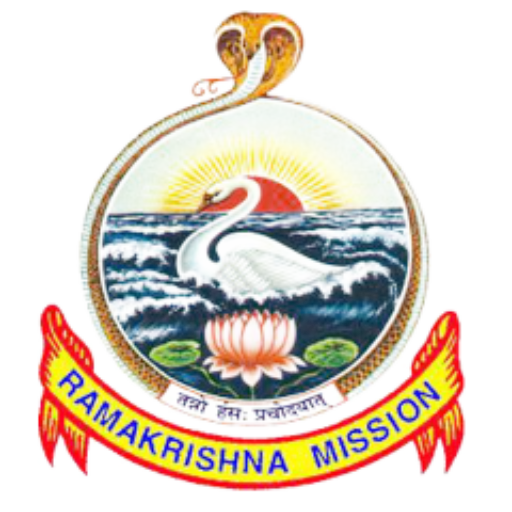VISION AND MISSION STATEMENTS FOR ELECTRONICS AND TELE-COMMUNICATION ENGINEERING DEPARTMENT :
Vision :
Diploma of Electronics and Tele-Communication Engineering department will be part of multinational industry or global academia through sincere and professional commitments in ethical framework for social well-being.
Mission:
- Be competent to perceive higher studies through research, innovation and managerial skills.
- Be able to innovate and develop products or maintain tech-solutions by maintaining team spirit with professional attitude.
- Create leadership qualities with effective communication, inter-personal skill for social welfare.
DEPARTMENT OF ELECTRONICS AND TELE-COMMUNICATION ENGINEERING
- PROGRAM EDUCATIONAL OBJECTIVES (PEO.S) :
- Core proficiency & professional development : To produce engineers with a strong background in basic science, Mathematics & Engineering and the ability to use these tools to demonstrate technical competence in Electronics and Tele-Communication Engineering and develop solutions to complex real-life problems.
- Technical accomplishment with professionalism in learning environment : To produce engineer shaving professional competence through life-long learning with various activities related to locally to globally would be able to take individual responsibility and work as a part of a team/multi-disciplinary environment towards the fulfillment of both individual and organizational goals within engineering, societal and environmental context.
- PROGRAM OUTCOMES (POs) :
Engineers will be able to:
- 1 : Engineering knowledge: Apply the knowledge of mathematics, science, engineering fundamentals, and an engineering specialization to the solution of complex electronics and telecommunication engineering problems.
- 2 : Problem analysis and investigation: Identify, formulate, review and analyze complex engineering problems reaching valid conclusions using various methodologies, including design of experiments, analysis, interpretation and synthesis of data using first principles of mathematics, natural sciences, and engineering sciences.
- 3 : Design/development using Modern tools: Design solutions for complex engineering problems using apply appropriate techniques of modern engineering and IT tools to meet the specified needs, including prediction and modeling to complex engineering activities with appropriate consideration for the public health and safety and the cultural, societal, and environmental considerations.
- 4 : Ethical engineering Practices for Society, Sustainability and Environment: Apply appropriate methodologies and reasoning based on societal, sustainability, environmental, and committed ethical practices with context knowledge consideration.
- 5 : Individual /team work and communication: Function effectively as an individual, and as a member or leader in diverse teams, to communicate effectively on complex engineering activities with the engineering community and society, such as being able to comprehend and write effective reports and design documentation, make effective presentations, and give and receive clear instructions in multidisciplinary settings.
- 6 : Project management and finance: Demonstrate knowledge and understanding of the engineering and management principles and apply these to one’s own work, as a member and leader in a team, to manage projects and in multidisciplinary environments.
- 7 : Life-long learning: Recognize the need for, and have the preparation and ability to engage in independent and life-long learning in the broadest context of technological change.
- PROGRAM SPECIFIC OUTCOMES (PSO.s) :
At the end of the program, the student —
- Excel in core engineering science: should be able to understand the concepts of Electronics & Communication Engineering and their applications in the field of semiconductor technology, consumer electronics, embedded system, communication/ networking and other relevant areas.
- Engineering design skills & responsibilities :should have an ability to apply technical knowledge, analyze, comprehend, design & develop electronic systems for a variety of engineering applications using modern hardware & software tools related to Electronics & Communication engineering for solving real-life problems and thus demonstrating professional ethics & concern for societal well being.
